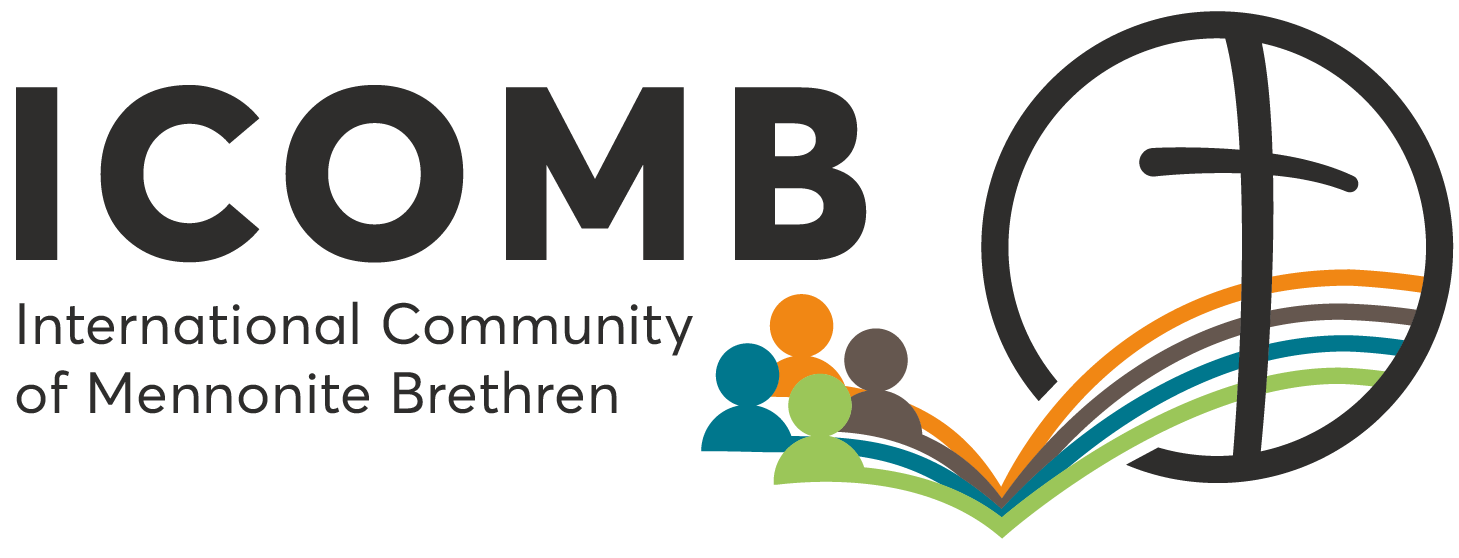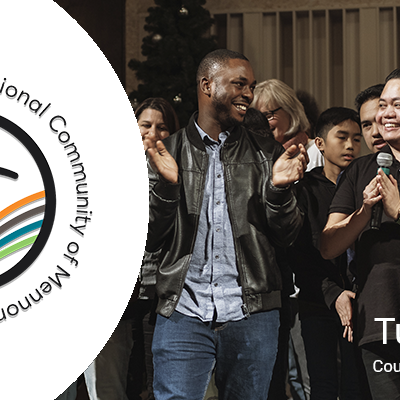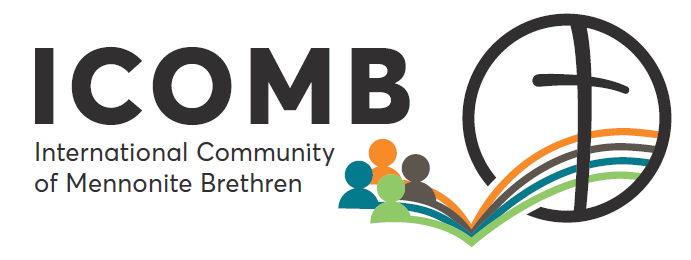I’ve been privileged to study Romans 5 with people in different countries and interact about their source of hope. Paul teaches that there’s a “pathway to hope” founded on our faith in Jesus Christ (v.1). “…we also rejoice in our sufferings, because we know that suffering produces perseverance; perseverance, character; and character, hope (3-4).”
Paul says hope begins with suffering. We all experience various struggles. Sickness, loss of family, loss of jobs, financial shortage, conflict, children who stray, friends who abandon or even betray, persecution for faith…the list is long. It’s a fact of human life that “suffering” – to put it broadly – will happen.
So Paul encourages his readers. Suffering doesn’t have to defeat us. Instead, if we endure, it will build character. And out of character comes hope. Hope is a cousin to Faith – it’s a confidence that our faith in God through Jesus Christ will not disappoint us (5:5).
While studying this recently in Uruguay, the thought struck me: “what if we insist that we not suffer?” After all, it distracts from our bigger goals, it’s sometimes ugly, often depressing.
At the Mennonite World Conference General Council in May 2012, in a sharing time, someone testified of their persecution for faith, and suffering under poverty. He requested prayer, but he said, “Don’t ask God to take away our suffering; only that we will be faithful in it.”
In some parts of the world, suffering continues unabated for long periods. This results in long stretches of endurance in which people call upon God. This builds spiritual character. And ultimately hope in God – not in circumstances – emerges.
Outsiders who visit for a short while often see poverty, and then when they attend church, they see praising, worship, dancing, and joy. “They are so poor, yet so joyful (or happy)” is often said. Well…that “joy” is an expression of hope in God. The prayer, praise, and dancing are both practiced amidst the suffering and endurance, and are also the result. The hope is in God – often because there are no other visible resources to provide hope.
Then another thought hit me in Uruguay. Our US MB conference lives in a country where the pursuit of happiness is constitutionalized as a Right in the Declaration of Independence!
This unique situation has great power to undermine what God wants to do in his followers in that country. It’s plain to see how it works. When a follower of Jesus begins to suffer, the constitutional right comes quickly to mind: I have the “inalienable Right to life, liberty and the pursuit of happiness.”
So prayers are offered – “Lord please take this suffering away.” And in that land of plenty, tremendous resources can mitigate or eliminate suffering quite quickly. So we praise God for providing relief and answering prayer. But the culture is actually an opponent to discipleship!
If God has designed the endurance of suffering to build character and hope – that is, hope in him, not so much in available resources – then are we not called to embrace it if it’s not “fixable”? It’s possible to miss God’s purposes and higher goals if we insist on avoiding that first step – or complaining about it – on the pathway to hope!
My friend Bonface in Malawi frequently says, “God is in full control.” He has walked the pathway to hope in God through long experience of want and struggle in that impoverished country.
I don’t instantly know how I should pray for myself or for others when I see suffering. But I’m trying to let my fellow believers teach me from their experiences, to use that to understand Scripture better, and to learn more mature ways to hope in God.



